
How Learning Works
7 Research-Based Principles for Smart Teaching
Read offline
Recommendation
This well-structured and clear guide to effective teaching makes an excellent companion for any high school or college instructor. The authors – Susan A. Ambrose, Michael W. Bridges, Michele DiPietro, Marsha C. Lovett and Marie K. Norman – put responsibility for the success of learning squarely on teachers who must create conditions that motivate students, set clear expectations that students understand and encourage self-directed learning, all in a safe, inclusive climate. A tall order! By describing seven principles, each grounded in theory, research and practice, the authors provide convincing evidence that it can be done. They also include multiple actions teachers can apply to put each principle into practice.
Summary
About the Authors
Professors and educational researchers Susan Ambrose, Michele DiPietro, Marsha Lovett and Marie Norman contribute to the mission of the Eberly Center for Teaching Excellence at Carnegie Mellon University. Michael Bridges leads faculty development at the University of Pittsburgh Medical Center.








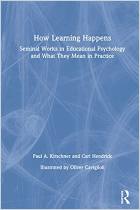
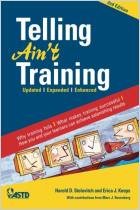
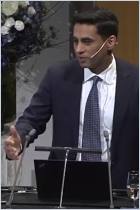
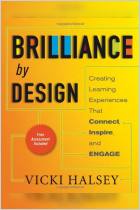
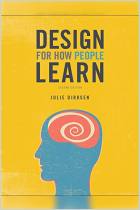
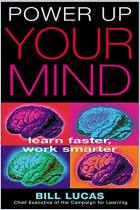
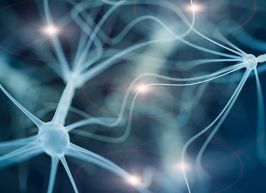


Comment on this summary or Démarrer une discussion